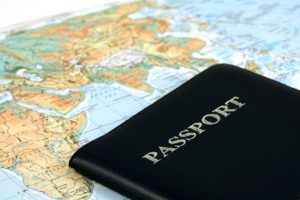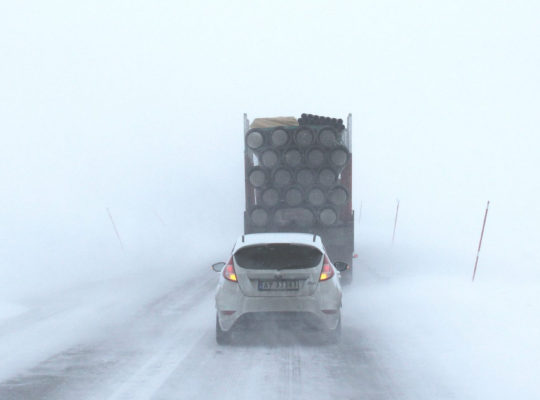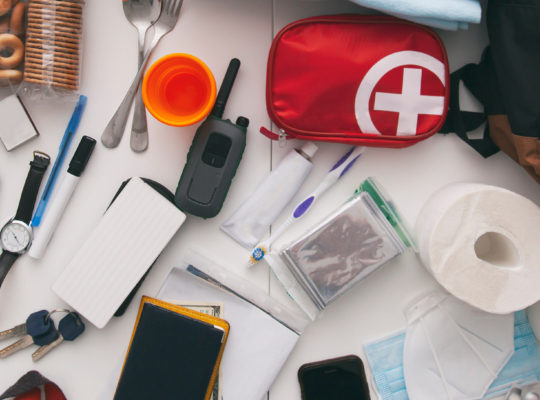This post on medical care abroad is the first of a three part series on International Travel. Check back as we bring you more information about seeing the world.
Visiting a foreign country is an adventure like no other, and it all seems very glamorous and exciting when you plan a trip to your dream destination, however you must also plan for issues that may arise while you are away. Getting sick can happen, whether it is catching the flu or becoming sick from the food or water in a foreign country. How will you handle an emergency like sickness or injury? Where can you seek medical care when you are abroad?
Planning Ahead
While still home, you can easily see your doctor, or go to the hospital if necessary, but this may not be as easy in a foreign country. Depending on the country, the healthcare system will operate differently than the one at home. A good place to start is talking with the US embassy or consulate in the country that you are travelling in, they can offer advice on places to seek medical attention in advance should an emergency arise. A good option is generally a teaching hospital, since there are usually English speaking doctors at these institutions.
 Many foreign countries (especially some in Europe) have a very open healthcare system, which would likely allow you to receive good healthcare (sometimes at very little cost to you). If you are travelling to a third world country, you should know in advance where you could receive medical care if needed. Many times when you are travelling, your healthcare expenses may not be covered like they are at home because medical care abroad may not qualify. You can take out medical insurance for trips, and this is a good idea if the country you are travelling to might not accept your traditional health insurance.
Many foreign countries (especially some in Europe) have a very open healthcare system, which would likely allow you to receive good healthcare (sometimes at very little cost to you). If you are travelling to a third world country, you should know in advance where you could receive medical care if needed. Many times when you are travelling, your healthcare expenses may not be covered like they are at home because medical care abroad may not qualify. You can take out medical insurance for trips, and this is a good idea if the country you are travelling to might not accept your traditional health insurance.
Learn to Communicate
Once you have selected a good option for your international healthcare, be sure that you are able to communicate your basic health information in the local language so that you can receive the best possible care. If you are unable to tell your international doctor what your blood type is or if you have any allergies, you will not be able to receive the care you need. It is a good idea to write down this information on a card and carry it with you so that it could be easily given to a healthcare provider during an emergency.
Blood transfusions can be a life saving procedure, however they should be avoided in an international setting, unless the situation is actually life or death and there is no other choice. Often, foreign countries do not have sophisticated screening procedures for blood donations and there is an increased risk of contracting a blood-borne disease without these screening procedures. It is not generally feasible to bank your own blood and ship it internationally, so it is best to avoid the need for a transfusion at all costs.
Remember: plan ahead, get insurance, be careful and enjoy your trip!




